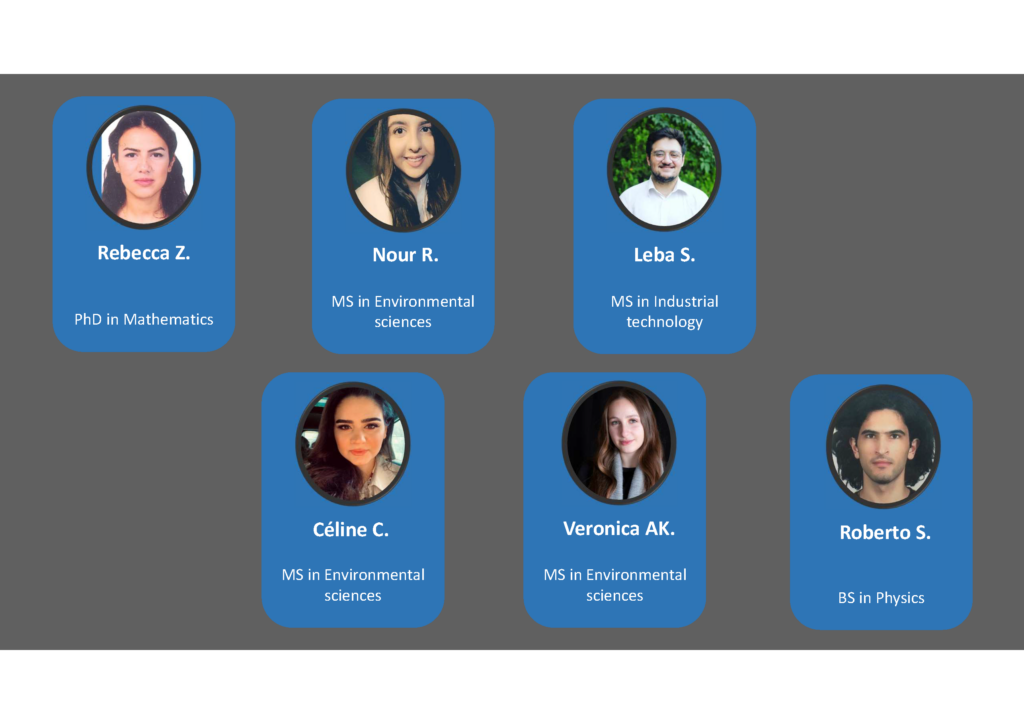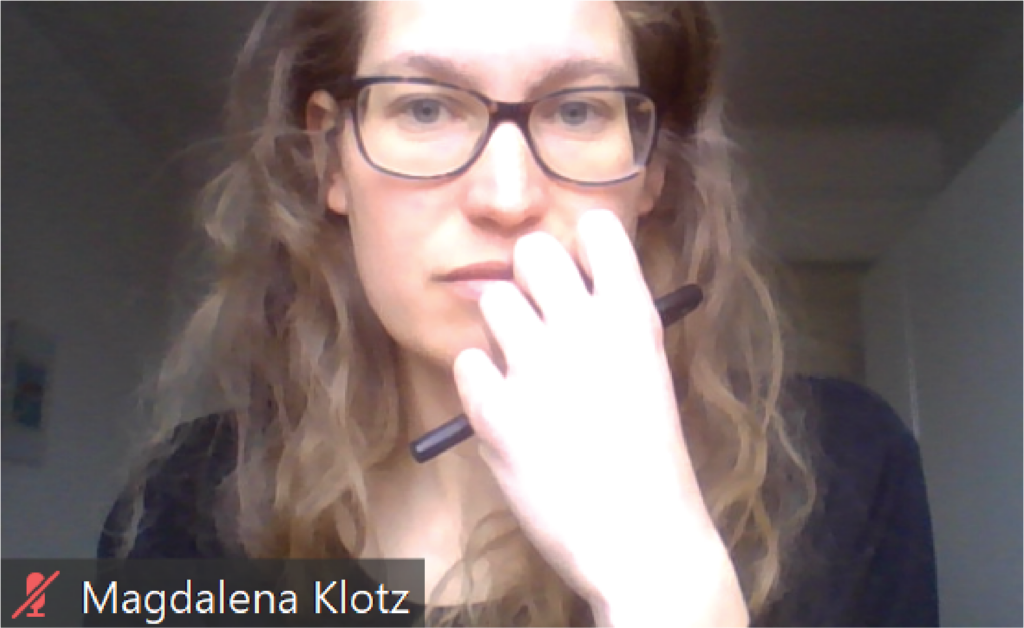by Magdalena Klotz, doctoral student, 29 April 2021
While I was conducting the master thesis of my mechanical engineering studies at the Technical University of Munich, over Easter I travelled to Beirut. I had lived in the Middle East before and was enchanted by the vivid neighborhoods, fresh food and spirited people – being aware of, but having an outsider European view on the complex circumstances in which people live in the region. To a friend asking me some time later how my life would continue after completing my degree, I said that I would either move to Switzerland, or establish a recycling initiative with a non-governmental organization in Beirut. I ended up in Sweden, but sometimes things come back to you. Only that this time I would not work with a NGO, but in the context of a project for the Swiss Pavilion at the Expo 2020 in Dubai taking place this year. I am at present a PhD candidate at ETH Zurich, conducting a material flow analysis and designing recycling scenarios for plastics, a currently very much discussed and very much hated material. Some weeks ago, an e-mail with a request from the Swiss Federal Department of Foreign Affairs FDFA reached me, asking for project mentors. The aim of the SMECEYI project initiated by the FDFA is to contribute to a circular economy and to youth empowerment in the Middle East region. The best performing participating teams of the first project phase would get further support in developing their solutions, designed to contribute to the mentioned goals, and the chance to present their projects at the Swiss Pavilion. As the subject fitted with my PhD project, and I had mentioned my affection for Beirut, I was matched with a Saint Joseph university student team from that city, aiming to tackle the environmental impacts of plastics in Lebanon. They had given themselves the name Tadwir, meaning making circular in Arabic. Before our first meeting, I was as excited as before a first date. Were they going to write to me? Would they relate to my views resulting from the research I was conducting? Would they like me?

I liked them, anyways. They were very strong personalities, confident about their ideas and themselves. Some team members had problems joining our meetings – when it rains, often power outages occur in Lebanon, they told me. Different issues than our everyday “I cannot share my screen”, “why are my eyebrows still green”, “how can I remove that background with the cat with glasses” Zoom problems. Anyways, the distance to the team I was mentoring did not feel bigger than the distance to the colleagues of my research group and the students I am supervising in Zurich during our online meetings.
Their idea was to create a digital platform for matching the available secondary plastics with the demand from product manufacturers in Lebanon – exactly what is needed. But how would they in practice be able to connect the supply with the demand? What about the issue that the plastic recyclers can specify maybe a handful of properties of their secondary material, while the product manufacturers require an A4 sheet full of specifications to be met? Of the different team roles according to Belbin (1981)*, I would definitely be the monitor evaluator, discerning and considering all options, however overly critical and slow to come to decisions. This role is highly valuable as all other roles in a team, however it can also be unattractive. Finding the balance between voicing the necessary critique for enabling the development a useful project and providing motivation can be challenging in the role of a mentor as well as towards oneself in a PhD project. After their pitch, one of the jurors asked “and how about the quality specifications for the materials?” The team member who had most defended their project against my critical questions gave a perfect answer. I was smiling inside – for the question and for the answer. They made the third place. I had been expecting that the jurors were going to like their idea. What is just as important, is that they manage to implement it. I would be very pleased if the input I gave contributed to this, and if I could further work with them. Phase two is starting in June after Ramadan.
* Belbin, R.M., 1981. Management Teams. Why They Succeed or Fail. London: Butterworth-Heinemann. https://doi.org/10.1111/j.1467-9310.1982.tb00500.x
About the author

Magdalena Klotz is a PhD candidate in the Group of Ecological Systems Design at ETH Zurich. The goal of her PhD project is to design possible future material flow systems for plastics in Switzerland, conducting material flow analyses and life cycle assessments. Her background is mechanical engineering (TU Munich). During her studies, Magdalena did several internships, among others in Amman, Jordan. Between her master and PhD studies she worked as design engineer in Sweden.

